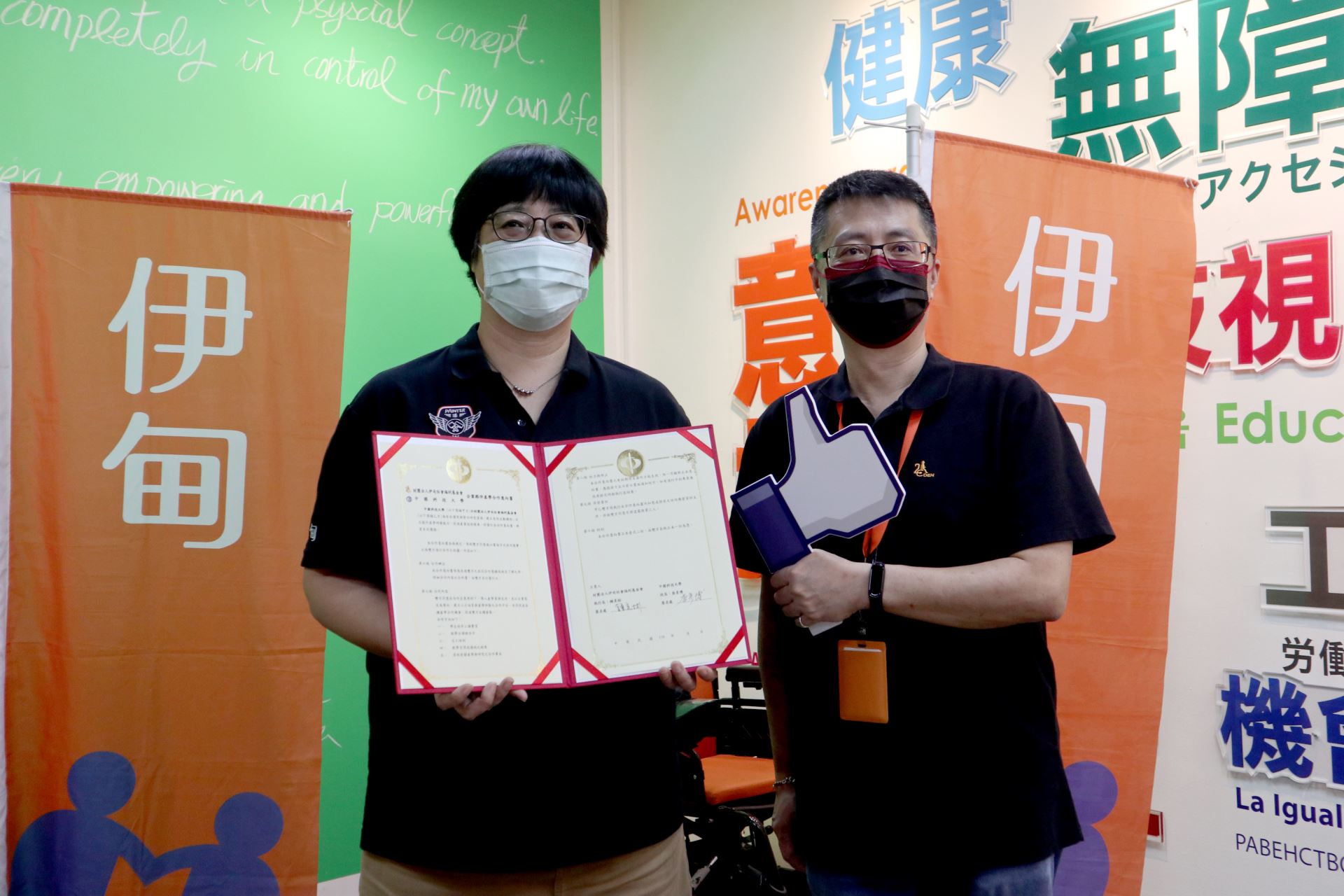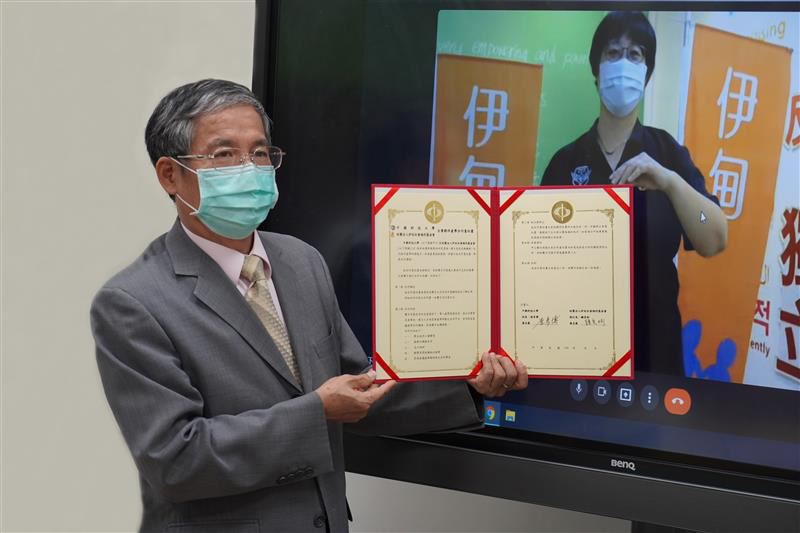2021-09-17
As Taiwan is entering into an aged society, the changes in demographic structure and employment patterns, the adjustments of community functions and social integration alongside with the impact of COVID-19 all make environmental background and social demands increasingly complex. Therefore, how to build cities suitable for elderly people across Taiwan has become a desperate issue requiring an immediate solution. The Eden Social Welfare Foundation (Eden) is committed to serving people with physical disabilities and promoting accessible life. In addition to actively diversifying services and solutions, Eden also hopes to ease the dangers of “double aging ” through mutual collaboration among industry, government, and academia.
In recent years, Eden promotes the importance of accessible design and implements the improvement of accessible environments. The “Status and Development of Accessible Housing in Taiwan Seminar” was held in 2018 with the participation of the Taipei City Department of Social Welfare and China University of Technology (CUTe). Eden further engaged in industry-academia collaboration with CUTe this year with a contract signing ceremony held on August 4 represented by Eden CEO Yen-Bing Chung and CUTe President Yan-Bo Tang.

According to Yen-Bing Chung, the ageing index and number of aged buildings of Taipei City is the highest among all six municipalities, and the number of elderly people aged over 65 increases every year. According to the latest statistics of the Ministry of the Interior (MOI), in addition to the population of people aged over 65 exceeding 500,000, there are over 600,000 buildings aged over 30 years in Taipei City. If the elderly living environment is inaccessible due to obstacles, apart from lowering the living quality of elderly people, inaccessibility also causes accidents, and elderly people will not want to go out but will be stuck at home. In response to the government’s aging-in-place policy, it is necessary for Taiwan to resolve this “double ageing” issue of population ageing and housing ageing. Due to COVID-19, elderly people need to stay home for even longer times to avoid getting infected. To reduce the risk of dangers from inaccessibility, building an accessible living space requires greater attention.
Hence, besides undertaking the “Safer Elderly Life in Taipei” project of the Taipei City Government, Eden Social Welfare Foundation also recruits volunteers to establish a “Safe Housing Repair Team” to build safe homes for vulnerable groups and rural areas. According to Eden, it is a great pleasure to engage in industry-academia collaboration with CUTe. It is hoped that by integrating the expertise of CUTe’s Interior Design and Architecture departments, and through the collaboration of interns from CUTe, the instructors trained from Eden’s volunteers and specialty classrooms, the program can make this a reality: building lovable, accessible cities with “local linkage” and “talent cultivation” as development goals based on SDG 11: Sustainable Cities and Communities.

Article and pictures courtesy of Eden Social Welfare Foundation





